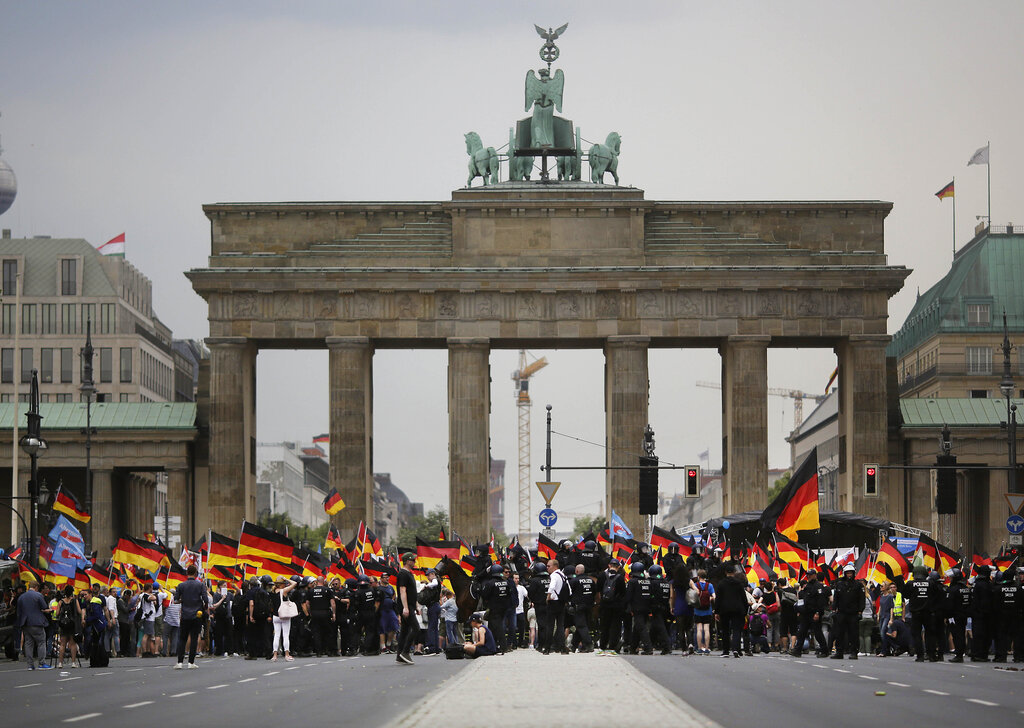When people became aware of how Germany’s role in Europe grew incomprehensibly during Angela Merkel’s rule, and how the 1990s balance of power between Paris, Berlin and London became history, many started to search for terms which could define Germany’s changing role.
Therefore, some called Germany an involuntary hegemon, an indispensable hegemon, a medium-scale hegemon or the hegemon of European responsibility, and so on.
The issue with all of these names was that they try to soften or camouflage what was the essence of Germany’s new role: German domination over the continent. Indeed, during Angela Merkel’s term, Germany became the master of soft power on the continent.
Germany expresses its influence owing to a strong presence in EU institutions, and due to mechanisms, which become the essence of European integration with Berlin’s participation. Such mechanisms include the euro currency, recent EU climate-energy policy and legally sanctioned — although outside of treaties — all sorts of conditions for the redistribution of EU funds.
In light of this masterful concealment of influence, Nord Stream 2 continues to be a certain kind of mystery.
In this matter, Berlin decided to undertake quite open — and perhaps even shameless — actions by deciding that it did not need to hide its intentions. The ostentatious overtness and determination in completing the German-Russian gas project can be explained with Berlin wanting to clearly show that eastern policy in Europe is solely Germany’s domain.
This lesson of political brutality will remain with us and will be well-remembered. Nevertheless, it seems that the perfection of soft power mechanisms will remain as the foundational rule of German European policy (and also that of the new German government).
Even the broadly-commented on in Poland article in the new German coalition agreement about the German government’s desire to federalize Europe does not mean in practice that now Berlin will hold hands with Paris and announce the creation of a new European federation.
Instead, Germany will most likely aim to strengthen the mechanisms of its soft power even further.





